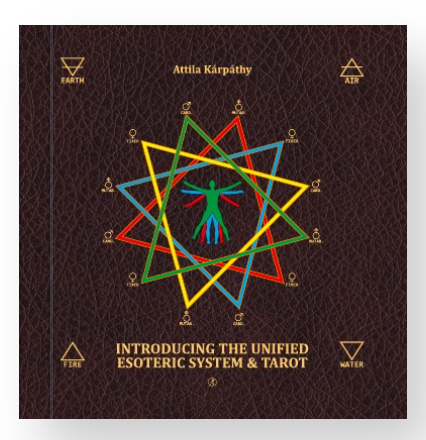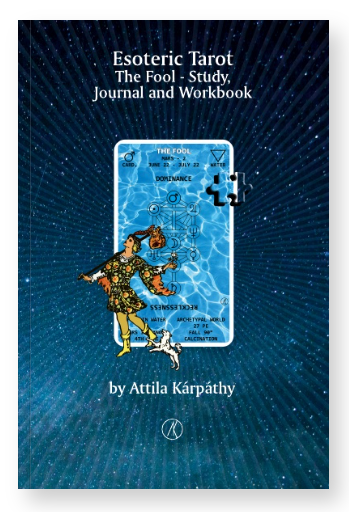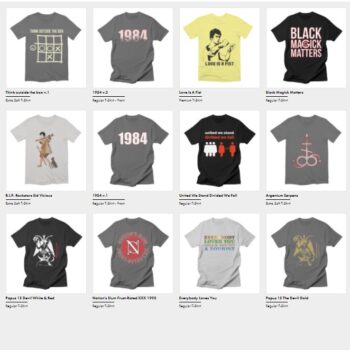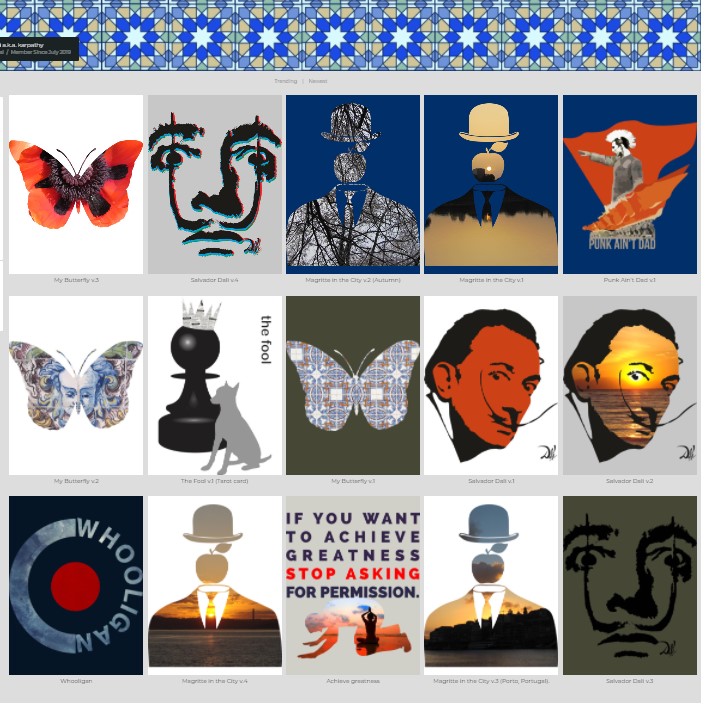 The Who became known for their energetic live performances which mainly were finished by smashing their instruments and ended up by selling over 100 million records. If this isn’t Rock’N’Roll, what is it?
The Who became known for their energetic live performances which mainly were finished by smashing their instruments and ended up by selling over 100 million records. If this isn’t Rock’N’Roll, what is it?
Wayne Coyne of The Flaming Lips said, “I already believed in rock & roll, but seeing The Who really made me feel it” while Pearl Jam’s Eddie Vedder said, “The one thing that disgusts me about The Who is the way they smashed through every door in the uncharted hallway of rock ‘n’ roll without leaving much more than some debris for the rest of us to lay claim to.”
Influencing artists from Led Zeppelin and The Clash to The Stooges, Queen, U2, Nirvana and Green Day, The Who managed to merged Blues-Rock with the aggressive and explosive energy of what later was labeled being Protopunk and often they have been called “The Godfathers of Punk”.
Most of the people at least heard about them because of “Tommy” and eventually their anthem “My Generation”. Youngsters maybe noticed the song “Behind Blue Eyes” on Limp Bizkit 2003’s “Results May Vary” which is actually a Pete Townshend composition and it was recorded in 1971 and released on 14 August, exactly 40 years ago on the album “Who’s Next”.
The Who was formed in 1964 by Roger Daltrey (lead vocals), Pete Townshend (guitar, piano and backing vocals), John Entwistle (bass and backing vocals) and Keith Moon (drums).
They rose to fame in the UK with a series of top ten hit singles, boosted in part by pirate radio stations such as Radio Caroline, beginning in January 1965 with “I Can’t Explain”. The albums “My Generation” (1965), “A Quick One” (1966) and “The Who Sell Out” (1967) followed, with the first two reaching the UK top five. They first hit the US Top 40 in 1967 with “Happy Jack” and hit the top ten later that year with “I Can See for Miles”. Their fame grew with memorable performances at the Monterey Pop, Woodstock and Isle of Wight music festivals. The 1969 release of “Tommy” was the first in a series of top ten albums in the US, followed by “Live at Leeds” (1970).
[youtube=http://www.youtube.com/watch?v=XkLI121OBms&w=500&h=305]
In 1968 Townshend said he was working on a full-length rock opera. This was “Tommy”, the first work billed as a rock opera and a landmark in modern music. During this time the teachings of India’s Meher Baba influenced Townshend’s songwriting, continuing for many years.
Meher Baba born Merwan Sheriar Irani, was an Indian mystic and spiritual master who declared publicly in 1954 that he was the Avatar of the age. In Hinduism, an avatar is a deliberate descent of a deity from heaven to earth, or a descent of the Supreme Being (i.e., Vishnu for Vaishnavites) and is mostly translated into English as “incarnation”, but more accurately as “appearance” or “manifestation”. Baba also is credited as “Avatar” on Tommy. The name Meher Baba means “Compassionate Father” in Persian and was given to him by his first followers.
For the opening track of “Who’s Next”, “Baba O’Riley”, Townshend played a Lowrey organ, but it was widely believed that inputting the vital statistics of Meher Baba into a synthesiser generated the backing track.
After “Tommy”, Pete Townshend intended to write a futuristic rock opera, a live-recorded concept album and something as the music for a scripted film project. This was “the Lifehouse Project”. But this project proved to be intractable on several levels and caused stress within the band as well as a major falling out between Townshend and The Who’s producer Kit Lambert. After giving up on recording some of the “Lifehouse” tracks in New York, The Who went back into the studio with new producer Glyn Johns and started over. Although the original concept was abandoned, scraps of the project remained present in the final album.
Townshend used the early synthesisers and modified keyboard sounds in several modes: as a drone effect on several songs, notably “Baba O’Riley” and “Won’t Get Fooled Again”, and as a playful noisemaker. Townshend also used an envelope follower to modulate the spectrum of his guitar on “Going Mobile”, giving it a distinctive squawking sound that degenerates into a bubbling noise at the end of the song.
So, between “Tommy” (1969) and “Quadrophenia” (1973) we should have another rock opera, instead we’ve got “Who’s Next”, a quite futuristic and experimental rock album, perhaps one of the finest. “Baba O’Riley” and “Won’t Get Fooled Again” – at least – are absolutely mandatory classics.
Side one
01. “Baba O’Riley” – 5:08
02. “Bargain” – 5:34
03. “Love Ain’t for Keeping” – 2:10
04. “My Wife” (John Entwistle) – 3:41
05. “The Song Is Over” – 6:14
Side two
06. “Getting in Tune” – 4:50
07. “Going Mobile” – 3:42
08. “Behind Blue Eyes” – 3:42
09. “Won’t Get Fooled Again” – 8:32
[youtube=http://www.youtube.com/watch?v=hKUBTX9kKEo&w=500&h=305]
Keith Moon was one of the first rock drummers developing serious use of the double bass drums, a Rolling Stone readers’ pick placing him in second place of the magazine’s “best drummers of all time” in 2011, nearly 35 years after his death.
Townshend known primarily as a guitarist, also plays other instruments such as keyboards, banjo, accordion, synthesiser, bass guitar and drums. He has never had formal lessons in any of the instruments he plays. He’s stage act is a standard for any rock guitarist who wants to escalate the stage.
The group has been credited with originating the “rock opera” and it made one of the first notable concept albums. Following “Tommy” were David Bowie’s “The Rise and Fall of Ziggy Stardust and the Spiders from Mars”, “The Lamb Lies Down on Broadway” by Genesis, and Pink Floyd’s “The Wall” in the 1970s. Later efforts in the rock opera vein include Queensryche’s “Operation: Mindcrime”, My Chemical Romance’s “The Black Parade” and Green Day’s “American Idiot” among many other releases.
The Who have seven albums out of eleven on “Rolling Stone’s 500 Greatest Albums of All Time”, being right behind The Beatles, Bob Dylan, The Rolling Stones, Neil Young, Bruce Springsteen and Eric Clapton.
“Tommy” was inducted into the Grammy Hall of Fame in 1998, “My Generation” in 1999 and “Who’s Next” in 2007. “My Generation” was selected for preservation in the United States National Recording Registry in 2009.
The Who were inducted into the Rock and Roll Hall of Fame in 1990, their first year of eligibility, into the UK Music Hall of Fame in 2005, and won the first annual Freddie Mercury Lifetime Achievement in Live Music Award in 2006. The Who’s display at the Rock Hall describes them as prime contenders for the title of “World’s Greatest Rock Band”, only The Beatles and The Rolling Stones received a similar accolade at the Rock Hall. They received a Lifetime Achievement Award from the British Phonographic Industry in 1988, and from the Grammy Foundation in 2001, for creative contributions of outstanding artistic significance to the field of recording. They have charted 27 top forty singles in the United Kingdom and United States, as well as 17 top ten albums, with 18 Gold, 12 Platinum and 5 Multi-Platinum album awards in the United States alone.
Moon died at the age of 32 in 1978, after which the band released two studio albums, the UK and US top five “Face Dances” (1981) and the US top ten “It’s Hard” (1982), with drummer Kenney Jones, before disbanding in 1983. They re-formed at events such as Live Aid and for reunion tours such as their 25th anniversary tour (1989) and the Quadrophenia tours of 1996 and 1997. In 2000, the three surviving original members discussed recording an album of new material, but their plans temporarily stalled upon Entwistle’s death at the age of 57 in 2002. Townshend and Daltrey continue to perform as The Who, and in 2006 they released the studio album “Endless Wire”.









you forgot the ominous album cover – the concrete slab we all piss on at one time or another … what can I say after we’ve just seen the London:
Teenage wasteland
It’s only teenage wasteland.
Teenage wasteland
Oh, yeah
Its only teenage wasteland
They’re all wasted!
yeah, and unfortunately we always get fooled again and again.
on the other hand, I still used some synth and sampler patters build upon the sound from “Baba O’Riley” and “Won’t Get Fooled Again”… some things are build to last.